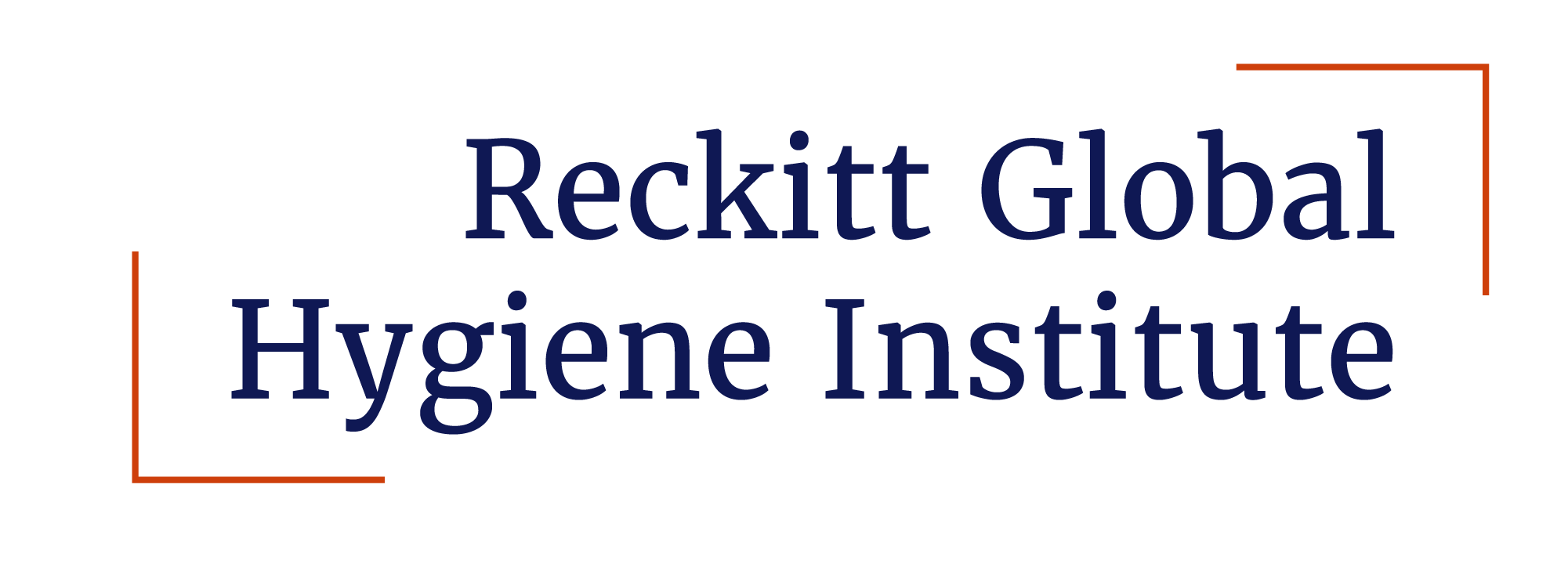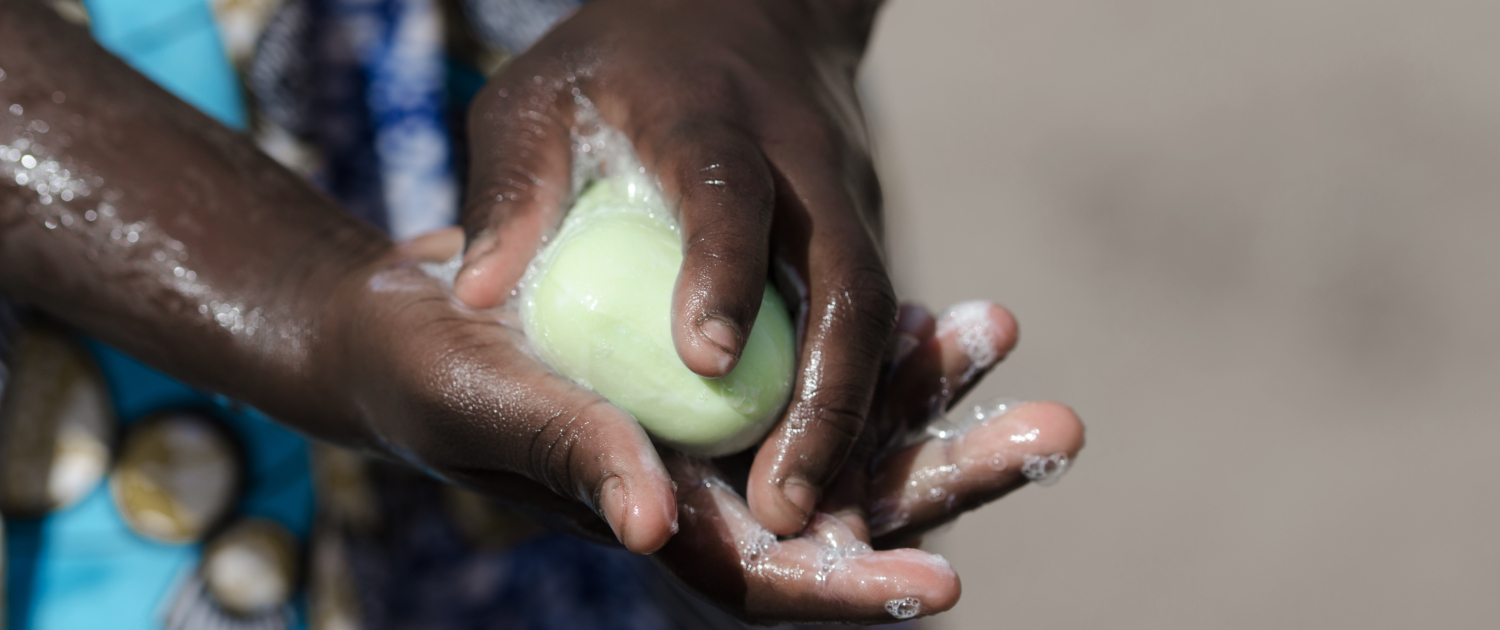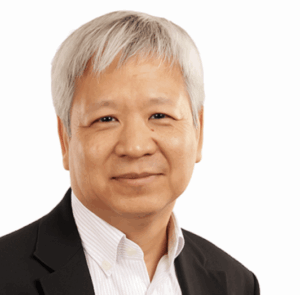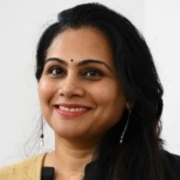The Reckitt Global Hygiene Institute funds hygiene research and researchers, and works with stakeholders to bridge the gap between evidence, policy and practice.
Our Impact
Since 2020, we have committed almost $14 million towards innovative research projects, fellowships, and capacity development. Reflecting the intersectional nature of hygiene, RGHI-funded research projects bridge epidemiology, microbiology, social sciences, behavioural sciences and more.
$14M
Committed to research and capacity building over 5 years
Global
Evidence shaping public health policies and practices worldwide
How RGHI Operates
RGHI is committed to funding research and researchers with the potential to transform hygiene policy and practice. Independence and integrity are central to this mission: all our funding decisions are driven by evidence, guided by expert review, and protected by strong governance structures that ensure transparency and accountability.
Our Process
All grants and Fellowships undergo extensive peer review before award. Open grant calls are assessed through multi-stage panels chaired by leading academics and sector experts, while Fellowships are awarded through rigorous panel interviews.
We work in close partnership with colleagues at the London School of Hygiene & Tropical Medicine (LSHTM), who support the design of grant calls, coordinate peer review, and provide post-award support to grantees. LSHTM also provides in-depth scientific advice that helps RGHI translate research into impact.
Meet the Team
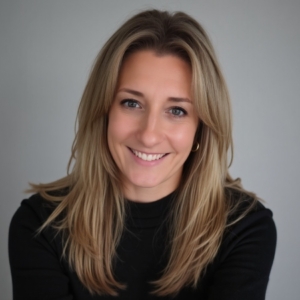
Sarah Roberts - Executive Director
With over 25 years of experience in global communications, business strategy, and organisational transformation, I bring a seasoned perspective to the role of Executive Director at RGHI. From public health initiatives to health technology and policy advocacy, I have developed a deep understanding of the healthcare landscape, which is essential to advancing RGHI’s mission of prioritising hygiene in global health.
Throughout my career, I have led large-scale initiatives that drive growth, enhance visibility, and build resilience within both the private and public health sectors. This experience enables me to align complex, cross-sector goals, manage strategic partnerships, and create frameworks that help organisations thrive in a dynamic global health environment.
With a deep commitment to RGHI’s vision, I am dedicated to building a future where hygiene and health are universally prioritised, leveraging my healthcare and strategic expertise to drive sustainable, lasting impact.
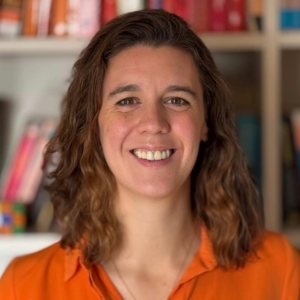
Emily Giles - Operations and Communications Manager
I joined RGHI in 2024, bringing over a decade of experience in helping charities and foundations improve their operations and maximise their impact. I have a particular passion for turning complex challenges into practical solutions, which I am using to professionalise our operations, streamline our grants processes, and develop impactful workstreams that help us turn strategy into action.
Throughout my career, I have managed multi-million-pound budgets and grant portfolios across the non-profit and public sectors, always with a focus on measuring and amplifying impact. With this experience, I am looking forward and laying the operational foundations to allow RGHI to grow to match our ambition.
RGHI Board
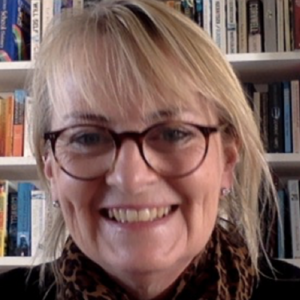
Lisa Ackerley
Winston Churchill Fellow Dr Lisa Ackerley is a public health scientist and independent Chartered Environmental Health Practitioner. Until 2024 she was Director of Public Health and Hygiene Engagement for Reckitt.
She has held roles as Non-executive Director of the Chartered Institute of Environmental Health, and charities including Royal Society for Public Health (RSPH), Zamcog, and the Bristol and Path Parks Foundation and continues to be a Trustee and Scientific Adviser of the International Scientific Forum on Home Hygiene (IFH).
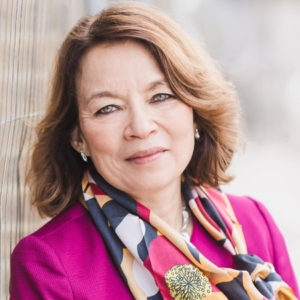
Jo Pisani
Jo focuses on supporting charities, universities and business start-ups. She is chair of London’s MedCity and Birmingham’s Precision Health Technology Accelerator and the West Midlands Health Technology Innovation Accelerator.
She serves on the boards of the UK Dementia Research Institute, LifeArc, The RSA Group, and Beacon. Prior to this, Jo led PwC’s UK Pharmaceutical and Life Sciences practice. She is a passionate supporter of critical public health issues, such as tackling dementia, rare diseases and anti-microbial resistance.
Steven Myint
Steve is a globally experienced leader in health and life sciences, with a career spanning academia, biotech, healthcare innovation, and investment. He currently holds board and advisory roles across the UK, Europe, and Asia, including at the University of Surrey, Health Innovation Manchester, and ProAxsis.
Jenny Hanning
Jenny is a strategic, science-led leader with a deep commitment to advancing the global hygiene and health agenda through science. As GCMA Director for Germ Protection at Reckitt, she brings a unique blend of expertise developed throughout her career, underpinned by a strong academic foundation—holding an MA, MSci, and PhD in Biochemistry and Pathology from the University of Cambridge. Jenny is a champion of hygiene innovation and is looking forward to leveraging her skillset to further RGHI’s mission and accelerate advancements in global health and hygiene.
Current role and organisation:
Global Category Medical Affairs Director – Germ Protection, Reckitt
RGHI Research and Advocacy Advisory Committee
The RAAC is an independent advisory body providing high-level strategic guidance on research and advocacy priorities, ensuring RGHI’s work remains impactful, equitable, and aligned with its mission. The RAAC aims to contribute to the development and refinement of RGHI’s research and advocacy strategies and to advise on partnership and income development opportunities for RGHI.

Albert Icksang Ko - Chair
Dr. Albert Icksang Ko is the Raj and Indra Nooyi Professor of Public Health at the Yale School of Public Health and Collaborating Researcher at the Oswaldo Cruz Foundation, Brazilian Ministry of Health.
He served as Chair of the Department of Epidemiology of Microbial Diseases at Yale (2010-2021) after being stationed with the Brazilian Ministry of Health in Salvador, Brazil for 15 years.
He is a member of the WHO R&D Blueprint Working Group and Taskforce for Zika Virus and the NASEM Forum of Microbial Threats.
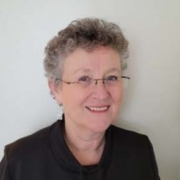
Clarissa Brocklehurst - Advocacy Lead
Clarissa is an Adjunct Professor in the Department of Environmental Sciences and Engineering of the Gillings School of Global Public Health of the University of North Carolina, and an affiliated faculty member of the university’s Water Institute.
She is a member of the Supervisory Board of IRC, and a member of the Strategic Advisory Group of the WHO-UNICEF Joint Monitoring Program. Between 2007 and 2011 she was the Chief of UNICEF’s Water, Sanitation and Hygiene Section.
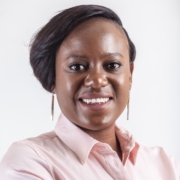
Jenala Chipungu
Jenala Chipungu is a Social Behavioural Researcher and the Head of the Social and Behavioural Science Department at the Centre for Infectious Disease Research in Zambia (CIDRZ).
She is currently a PhD student at the London School of Hygiene and Tropical Medicine (LSHTM) and holds a Masters in Public Health (MPH) from the University of Liverpool.
She works closely with local and international institutions including relevant Ministries in Zambia, LSHTM, Emory University, NGO WASH Forum & WaterAid.
Malini Reddy
Dr Y. Malini Reddy leads Athena Infonomics’ Global Water, Sanitation, and Hygiene (WASH) portfolio.
As Director of Governance and Service Delivery, her expertise in institutional development and evidence-based strategies drives impactful governance.
A key figure in global development circles, Malini’s influence is underscored by her publications, committee and editorial board memberships, and roles as a keynote speaker, championing gender equity and women’s empowerment.
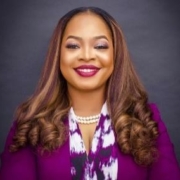
Mary Ashinyo
Dr Mary Eyram Ashinyo is a Public Health Physician Specialist with emphasis on Health Policy and Systems Management. She currently works as Quality Lead and Deputy Director at the Institutional Care Directorate of the Ghana Health Service.
Ashinyo is a World Health Organization Consultant and serves on Ghana’s National Quality Steering Committee as the Ghana Health Service Representative. She is also the General Secretary for the Ghana Public Health Association, and the West Africa Hub Representative for Harvard University’s Planetary Health Alliance.

Robert Dreibelbis
Professor Robert Dreibelbis’ research focuses on the health and development impacts of water, sanitation, and hygiene (WASH) with a specific focus on understanding the determinants of WASH behaviours and the design and evaluation of WASH behaviour interventions.
Robert is the Principle Investigator for the COVID-19 Hygiene Hub, an LSHTM-housed initiative to provided technical and research support to government and civil society partners in the design and delivery of COVID-19 prevention intervention, and the FCDO-funded Hygiene Futures programme.
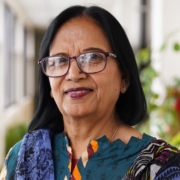
Firdausi Qadri
Dr. Firdausi Qadri, Senior Scientist, Infectious Disease Division and Head, Mucosal Immunology and Vaccinology Unit, at icddr,b, Dhaka, Bangladesh. She is also the founder and leads the Institute for Developing Science and Health Initiatives (ideSHi).
She is a laureate of the 2020 L’Oréal-UNESCO For Women in Science Award and won the Ramon Magsaysay Award 2021, known as Asia’s Nobel Prize. Dr. Qadri received Bangladesh’s highest award for outstanding contributions to research and training, the Independence Award (Swadhinata Padak) in 2023.
Juliet Willetts
Professor Juliet Willetts leads applied research to improve development policy and practice. She is a recognised expert in water and sanitation in Asia and the Pacific.
She is the recipient of six professional awards for research excellence and the Australian Financial Review’s ‘100 Women of Influence’.
She plays advisory and task-force roles for International Water Association (IWA) and Sanitation and Water for All (SWA) partnership. She is widely published with more than 130 peer-reviewed publications.
